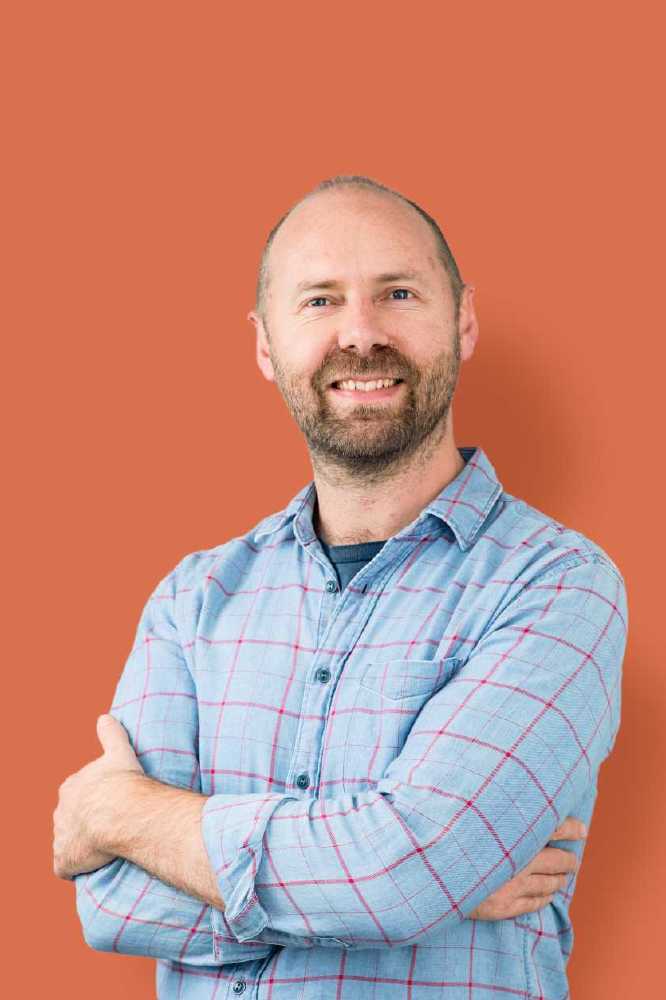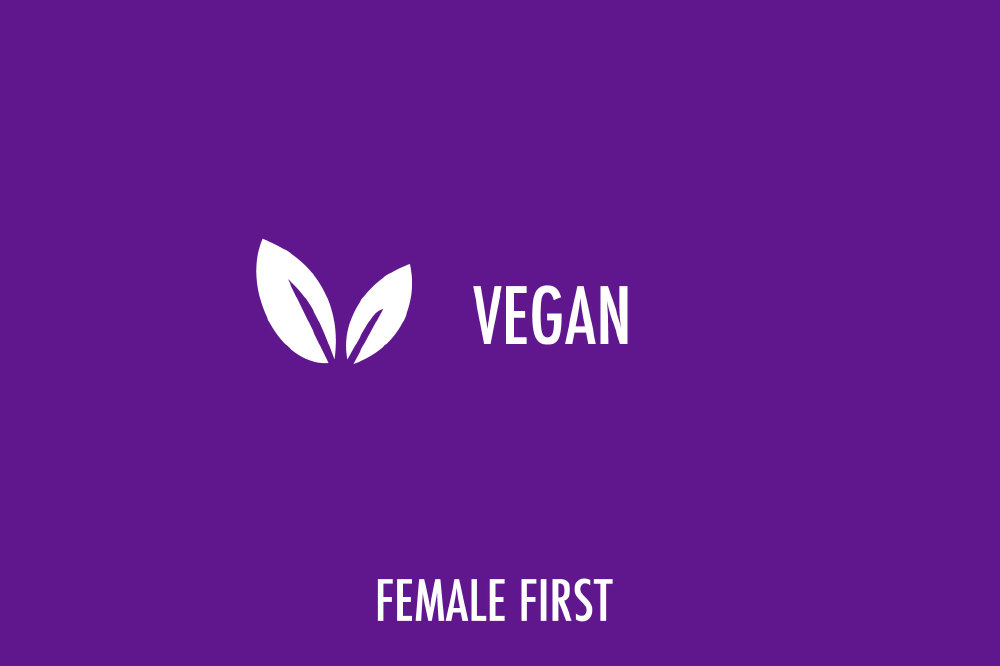We caught up with the founder of Ombar, Richard Turner to find out how the company coped during lockdown, the importance of using premium products in the chocolate making process and the firm place vegan chocolate has in the free from confectionery market.

Ombar Founder Richard Turner
1. Please tell us why you decided to get into the chocolate making business.
My interest in making chocolate curiously came from a health perspective. Back in 2005, I was really into raw foods, juices, and superfoods, and one day someone introduced me to unprocessed cocoa nibs (broken pieces of the cocoa bean) and told me about their superfood benefits. I’ve always loved chocolate, so this was a real revelation and raised the question: why is chocolate so unhealthy when it’s chief ingredient, cocoa/cacao, is such a healthy superfood? Out came the pots and pans, and the first attempts to make a superfood chocolate were started.
2. Please tell us about your process that got you to where you are today.
When we eventually had something to sell (it was a slightly strange chocolate creation) we started a business called Mood Foods Ltd. Back then, it was only health food shops that would pay passing interest to our healthier chocolate bar. We made chocolate in my kitchen for the first few years until it took over the whole house and we made a move to a small chocolate factory in a nearby village. We’ve since moved again to our fabulous current chocolate factory near Cambridge where we can make about 1.5 tons of chocolate per day and we employ 20 people. The whole growth over the years has been a very organic process, learning as we go. Ombar is now sold in Waitrose stores and Ocado which allows to reach more people.
3. Why was it important to you to leave the cacao in your chocolate unroasted?
What captivated me about cacao was how potent a food it is. In my original experiments I used ground up cacao nibs in everything and I felt really great. It’s powerful stuff! But in mainstream chocolate processing, there is no attempt to preserve the delicate compounds in cacao that make it so healthy. The cacao is normally processed at high temperatures that are damaging for the high levels of flavanols found in cacao, for example. We found that much of that processing could be done differently – in a more gentle way, with low temperatures. We are trying to deliver the goodness of cacao in our chocolate bars so that means avoiding high heat in our process.
4. What does it typical day look like in your world now?
It’s always busy in the chocolate factory and I’m currently back in the role of production manager (as well as managing director). So, throughout the day I’m wearing different hats – trying to push forward the commercial side of the business one minute, then working out the production plan the next. We’re lucky to have a team who are conscientious and motivated so I can largely leave them to it. At the moment my job is mostly about supporting everyone else in the team to keep things moving in the right direction.
5. How did your brand fare during lockdown?
It felt like we were a small boat on some rocky waves in a storm. We braced ourselves, not knowing what was ahead, but in the end, I am grateful that we came through okay. Sales remained fairly steady and we changed our plans a bit, prioritising getting chocolate through people’s letterboxes, not just into stores. Brexit was another matter…
6. When you realised you wanted to make a new product, did you always know it was going to be vegan? If so/not why?
Right at the beginning, I did play around with milk powder and honey instead of sugar. But in the end, it didn’t feel right and I made a conscious decision back in 2007 that all our products would be vegan. I’ve always been quite intuitive with product development and I’m glad we’ve stuck with this principal.
7. What are your thoughts on the vegan chocolate scene? Are you happy with the progress that's been made or do you feel there is still work to be done?
Well, of course, vegan generally has exploded which is quite extraordinary and I think it’s so encouraging to see people making positive choices for their health and the planet. There’s a whole range of vegan chocolate confections now available. I don’t rate all of them, of course, but there’s some great creativity. There’s still a gap for a really strong offering that is genuinely making a positive sustainable impact that has mainstream appeal.
8. Do you think dairy free chocolate will eventually eclipse milk chocolate?
Growing up on milk chocolate, you don’t really notice that it even has a milky flavour. But then if you only eat dark and vegan chocolate (like Ombar!) for years and then try milk chocolate you realise how strong the dairy milk taste really is. So I think it’s a bit about what your taste buds are used to. If we adapt to chocolate not having to taste like milk then yes, definitely vegan ‘milk’ chocolate will outsell regular milk chocolate. But we have to be open to our chocolate tasting a little different to the stuff we ate as kids growing up. If we can be a bit adventurous it’ll be a very positive step as the old-school chocolate model is unsustainable and fraught with very questionable ethics.
9. Why was it important to you to make your chocolate from the highest quality ingredients?
Our aim is to change the way people think about chocolate, from a cheap sugary candy to something closer to nourishing chocolate. Every ingredient choice has been made to make the chocolate better for you. Using high quality ingredients is a natural part of these choices. It does make Ombar a bit more premium in price, but we are grateful to have lots of loyal customers who share our values and are happy to spend a little more for a higher quality product.
10. What is next for you and the brand?
We have a little something up our sleeve that will be a first in chocolate. It’s tasting great and we hope to start telling everyone about it very soon!
RELATED: Founder of vegan fruit snack brand shares his top tips for starting a father-daughter led business
So, if I would to advise anyone on what you should focus on it would be to listen to each other. Listen to your daughter: at that age, 11, their minds are so clear, uncluttered and free. This is a wonderfully productive platform for ideas and creativity. The trick is to listen and interpret how they communicate it. They express thought differently, sometimes in actions instead of words and with some observation I could see what Charlotte was trying to say. It was vital because from it came the main idea, a product that is interactive and something to draw and engage the child’s attention. By watching Charlotte, I was able to project to my target audience...

Tagged in Vegan

